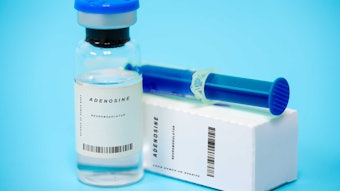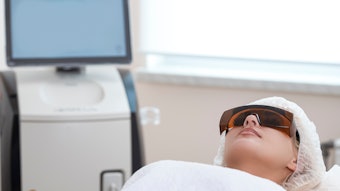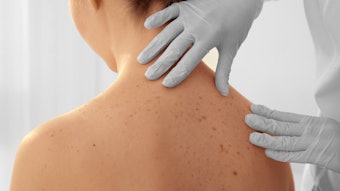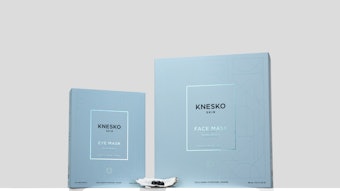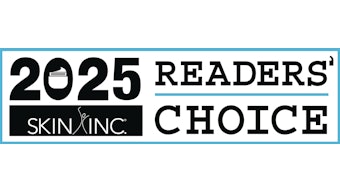
Environmental health officials in the United Kingdom have been warned of dangers attached to a new beauty treatment now available in spas in Europe involving a full body immersion and the use of eels to exfoliate skin.
The new treatment is just another in a bewildering array of beauty treatments currently making their way into spas and beauty salons requiring health and safety controls. The eel treatment is an extension of the fish pedicures that were so popular in recent years.
During the eel treatment the patient is immersed in water containing eels, each about the width and length of a pencil. Speaking at the Chartered Institute of Health (CIEH) conference on health and safety in the beauty industry, Wendy Nixon, a health and safety consultant working in the beauty industry, warned delegates that there had been problems with the procedure especially if wearing loose fitting swim wear.
"In one case a stray eel found its way through the man’s genitals and into his kidney where he ended up with a three hour operation. This is the sort of procedure that is coming your way," said Nixon.
Delegates heard that as the beauty industry was now turning its back on fish pedicures they were now turning up in the leisure industry as well as being on sale at festivals and fair grounds.
"I have been to big events for the leisure industry and they are working their way into gyms and these sorts of places so keep an eye out for those," said Nixon. "Anyone involved in these sorts of treatment should have at least at a very minimum national occupational standards at a level II pedicure unit."
Teeth whitening is also posing a regulatory headache. Beauty therapists are being sold expensive training courses by product manufacturers and are not being told that only dentists or dental hygienists can legally carry out the procedure.
Beauty salons can however sell the teeth whitening kit creating a problem when therapists demonstrate their use. Ms Nixon warned that the illegal practice of demonstrating teeth whitening is now rife at exhibitions.
Hair-straightening products being imported into the United Kingdom have been found to contain high concentrations of formaldehyde above the legal limit of 0.2% allowable in Europe. Nixon described how companies have been concealing formaldehyde content by calling it formalin and methylene glycol on its labels. Adequate ventilation is a key concern when these products are being used.
"Once the client has had these products applied they go home and for the next few months every time they apply heat formaldehyde vapors will be given off so they may suffer long term ill health," said Nixon.
This content was originally posted on www.ehn-online.com and written by Stuart Spear (October 2013).

